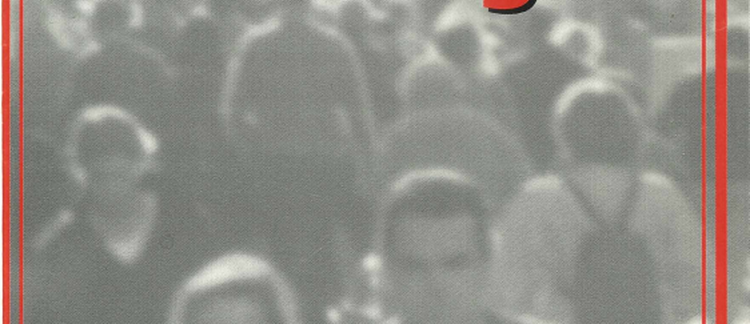Abstract
Although, in the past, religion had been of great interest to those engaged in general sociology, the sociology of religion had developed as a sub-field only in the second part of last century. In Western Europe, the emerging sub-field was first of all institution-bound and sociographic. Studies of normative integration gradually enlarged the field of study to include more than the ritualistic dimension of religion. The reference to general sociology was mostly at the level of using general sociological insights that facilitated the development of middle range theories. At the end of the sixties, a more general frame of reference emerged: secularization theory. Hencefort, sociologists studied religion to analyse the changes in Western societies. In Belgium, the focus was on secularization and pillarization; the study of a market of meaning systems; religious bricolage as an aspect of high modernity; comparative studies of different religions; and studies based on international surveys.
How to Cite:
Dobbelaere, K., (2004) “Godsdienstsociologie: van institutionele referentie naar een sociologische analyse van de samenleving”, Tijdschrift voor Sociologie 25(1), 79–92. doi: https://doi.org/10.21825/sociologos.86598
Downloads:
Download PDF
View PDF

